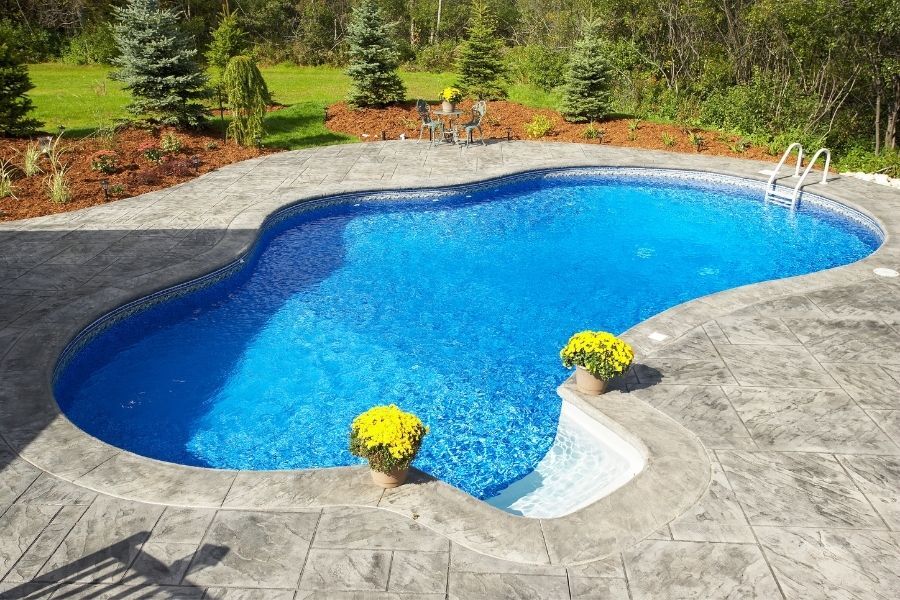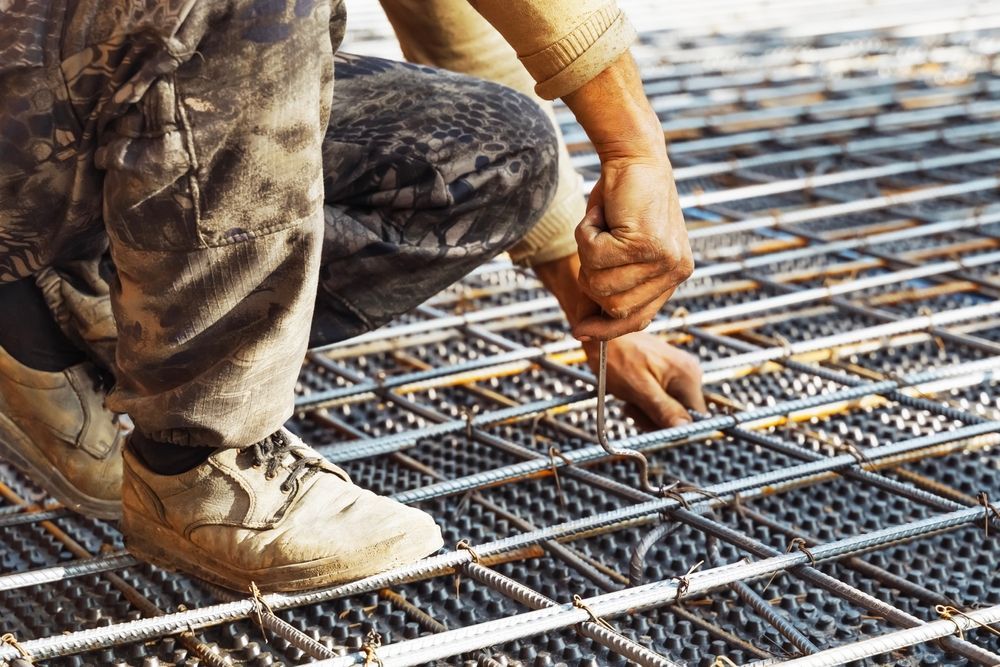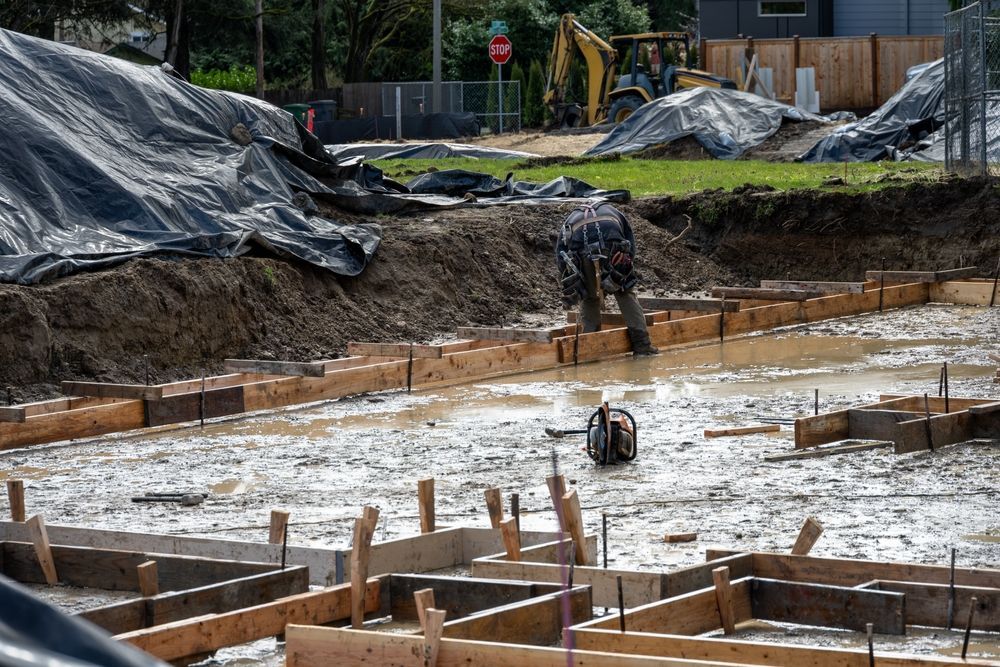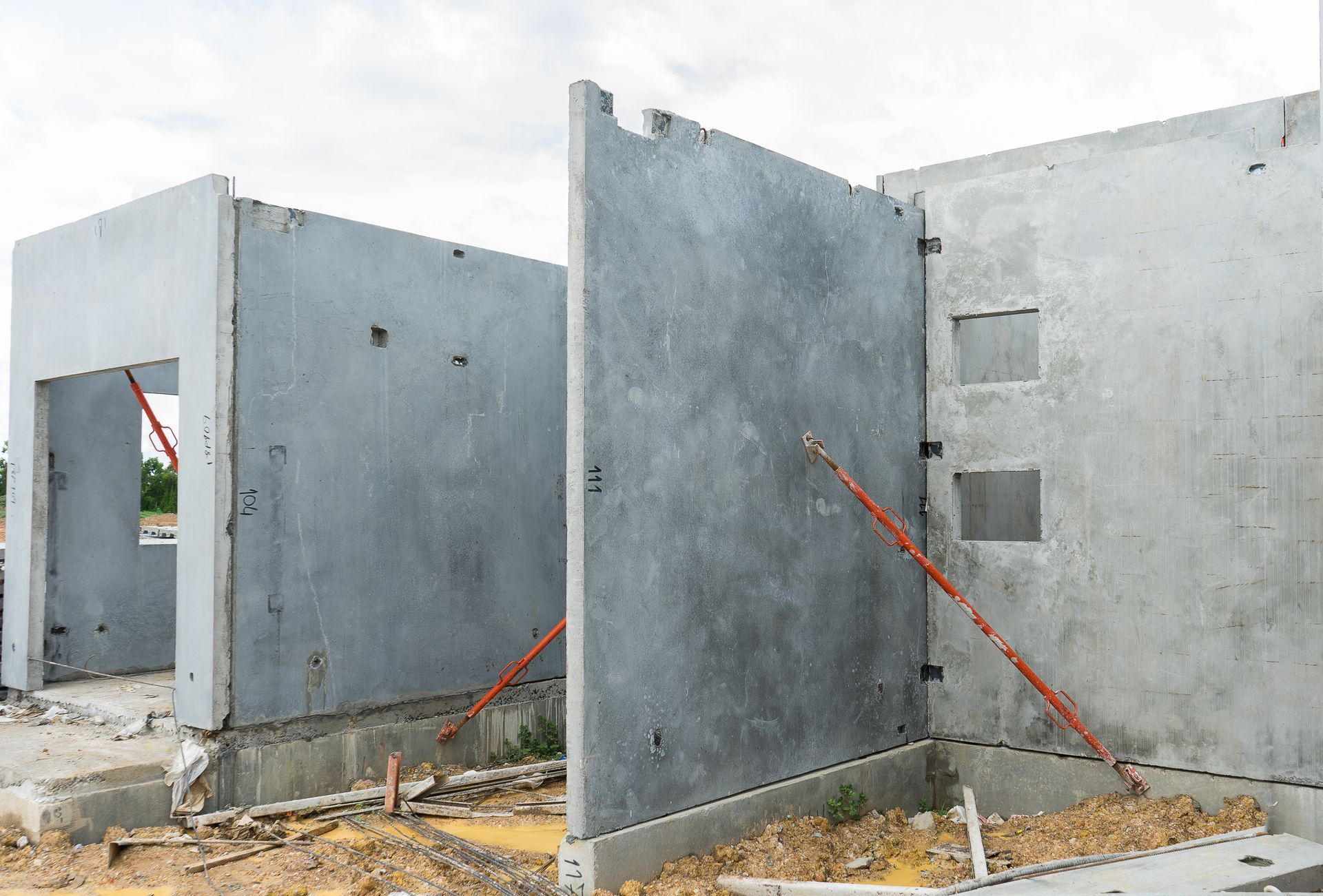How to Choose the Best Concrete Sealer for a Pool Deck

Concrete pool deck sealers come in a variety of types and brands, allowing you to customize the look of your pool. While it's nice to have many choices, it can also make choosing the right pool deck sealer a challenge. Looking at the labels on the pool deck sealers may not help, unless you know what you're looking for.
If you're choosing a pool deck dealer for concrete pool construction, knowing the different categories and educating yourself about the many industry terms you'll see on those labels can help. It's also helpful to get guidance from a professional that really knows the industry.
At Bracing Systems, we sell concrete sealers to concrete contractors, which means that we know deck sealer better than just about anyone else. We can help. We wrote the following article to guide you through the process of choosing a deck sealer. Let us know if you have questions.
Pool Deck Sealers: High-Gloss or Matte
Each pool deck sealer comes with a finish that is not so different from the finishes you see on the interior walls of your own business or home. From a high-gloss sheen to a matte finish, concrete pool sealers each have their own luminosity that reflects or absorbs light, thus impacting the beauty of your deck.
Glossy Finish
Glossy finishes reflect a lot of light. In the morning sun, these deck sealers look almost wet, as if the deck itself is sitting in an inch of water. With this type of sealer, concrete colors look saturated and deep, the way your deck would look after a recent rain. You must add an anti-slip coating to all gloss sealers!
Matte Finish
Matte deck sealer reflects as little light as possible, so it's the most natural of all the finishes available. With this sealer, you'll achieve a less saturated appearance overall. Matte finishes don't look slippery or wet - think of this type of finish as like the flat paint on the walls in your guest bedroom.
Safety First
Luckily, all pool deck sealers require a non-slip adhesive. However, the pool deck is one of the slipperiest areas in any building or home, so it's important to think of the safety of yourself and others while working.
Application Instructions
Sealer is painted onto your deck much like you would apply paint to a wall. You'll need a paint roller and a paint sprayer, to make the job easy for you. Always follow the instructions on the sealer container to ensure the sealer is properly applied and cured before your deck gets used again.
Water-based deck sealers take around four hours to dry, while solvent-based sealers take an hour. Again, check the instructions on the deck sealer to ensure that you're giving your sealer enough time to cure. Sealers need to be applied in the right conditions to cure properly, so know what those conditions are before applying your sealer. Walking on the sealer early could make a mess and also destroy the finish.
Frequently Asked Questions
Even if you know what pool sealer you want, you're likely to end up asking some questions during the process. Below are some of the questions that homeowners and business owners ask themselves most often when choosing and applying a concrete pool sealer.
The Sealer Started Beading Up When I Applied It. Why?
If the sealer starts to bead on the concrete when you're applying it, that means the surface temperature of concrete is too high. It is better to resurface on a cooler day or early in the morning.
How Long Does a Concrete Pool Deck Sealer Last?
Concrete pool deck sealers can last anywhere from three years to fifteen years, depending on the type of deck sealer and also how much foot traffic your pool deck sees. Check the bottle when you're applying the deck sealer for a timeline.
You should also test your pool deck periodically to ensure that the sealer is still good. A good sealer will protect your pool deck from moisture penetration. When the sealer is first applied, you'll notice that water beads up on the concrete and is not absorbed.
When the sealer is wearing off, water can be absorbed into the concrete. To test your sealer, drip some water onto the concrete on one of the highest-traffic areas. If the water spreads and is absorbed into the concrete, then it's time to re-apply sealer. If the water stays beaded up on the concrete, then your sealer is still good.
Should I Choose Water-Based or Solvent-Based?
When you're selecting a pool sealer, you'll have to decide whether a water-based or solvent-based sealer is best for your deck. If the deck is indoors, choose water-based. Outdoors, you can choose either.
Why Did My Pool Deck Sealer Deteriorate Prematurely?
Improper application of pool sealer can cause the sealer to deteriorate prematurely, so always read the instructions before applying sealer to your pool.
Foot traffic dramatically affects the lifespan of your pool, so if the sealer is deteriorating in high-traffic areas, this could be the result of natural wear and tear on your sealer.
In addition, some pool chemicals can damage your pool sealer. Specifically, muriatic acid, which pool technicians use to lower the pH balance in the pool, can damage your sealer. You may want to talk to your pool technicians to ensure they're careful when putting the chemicals in the pool.
Call Bracing Systems Today!
At Bracing Systems, we provide concrete pool sealer and other equipment to people who need it. We're the experts in pool sealer and other masonry construction products, so contact us today to learn more.



